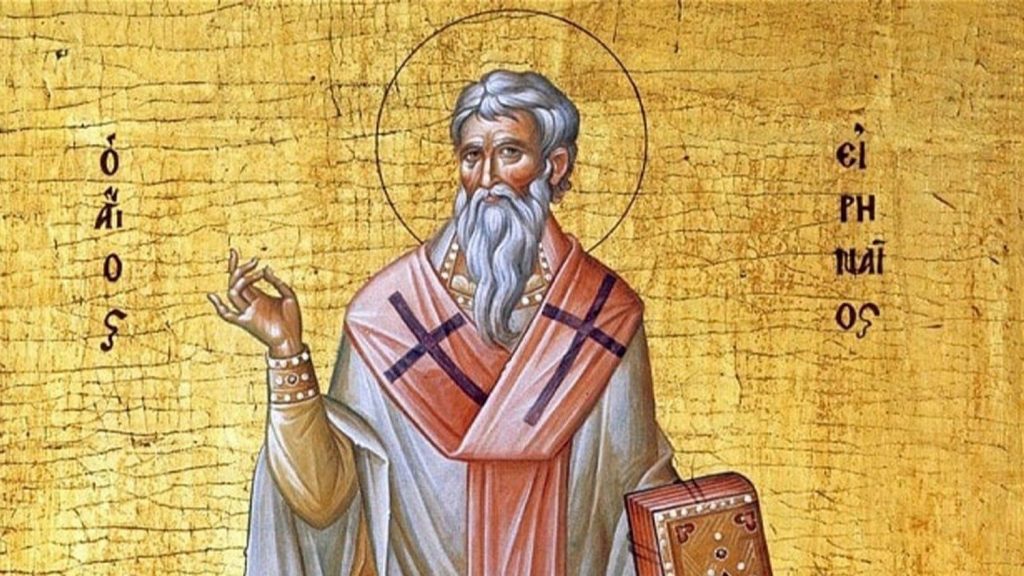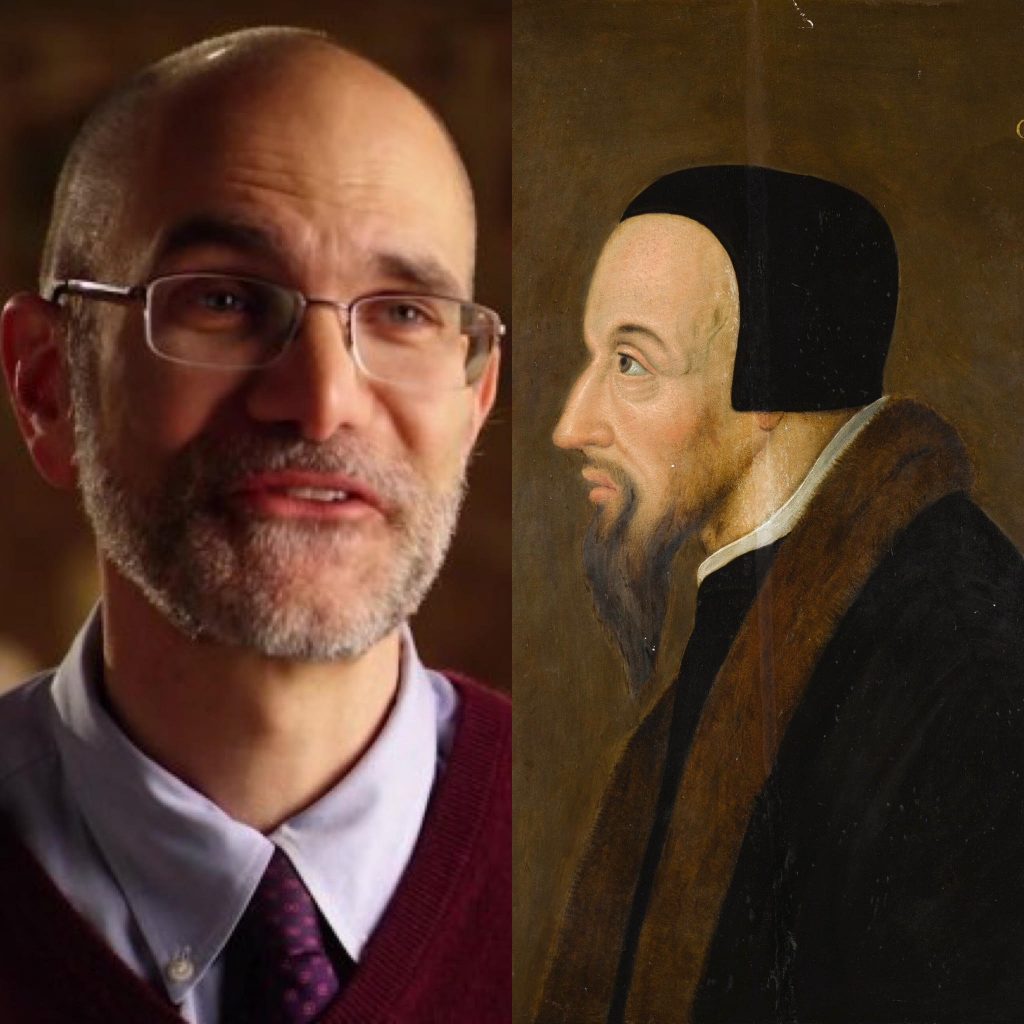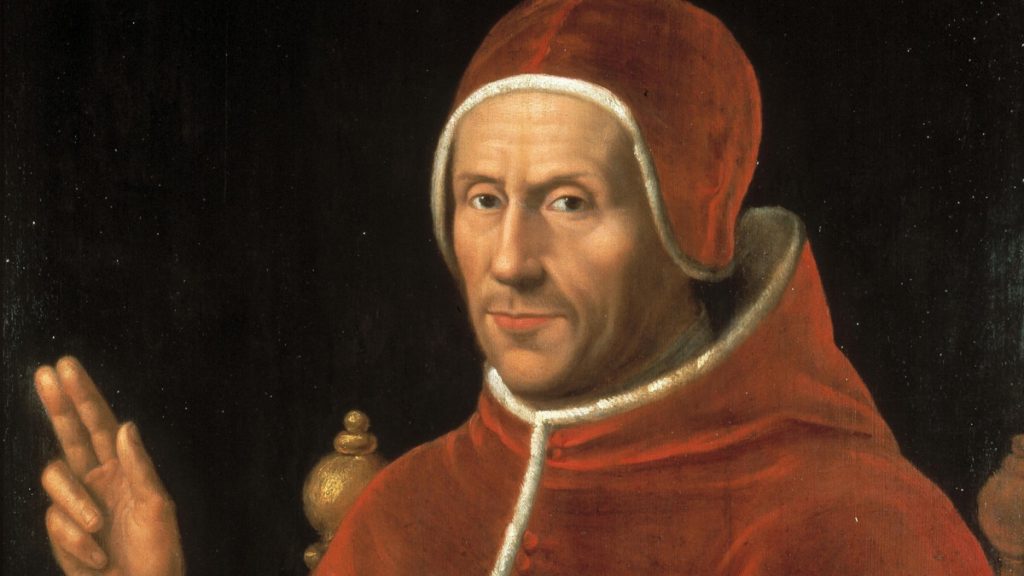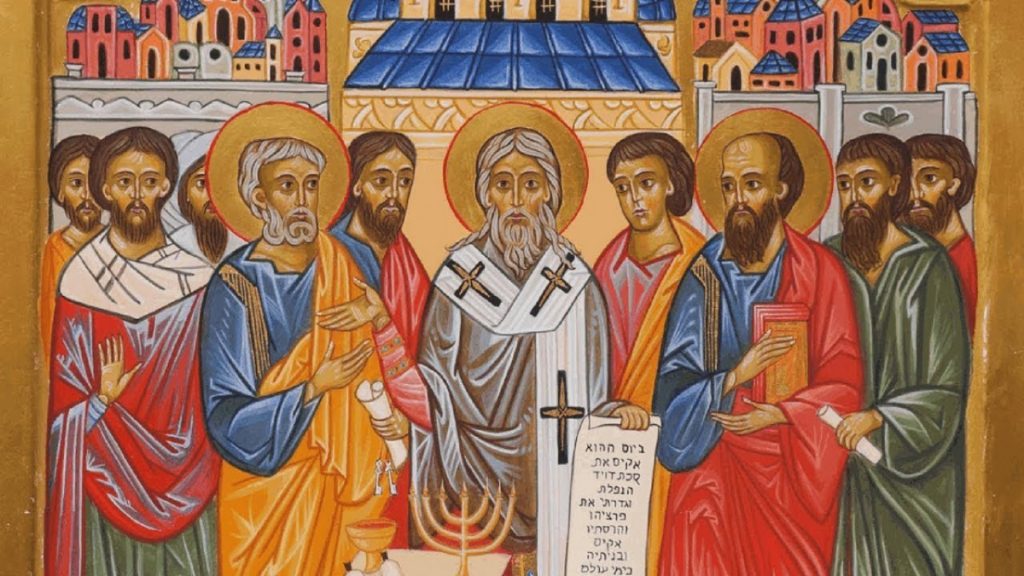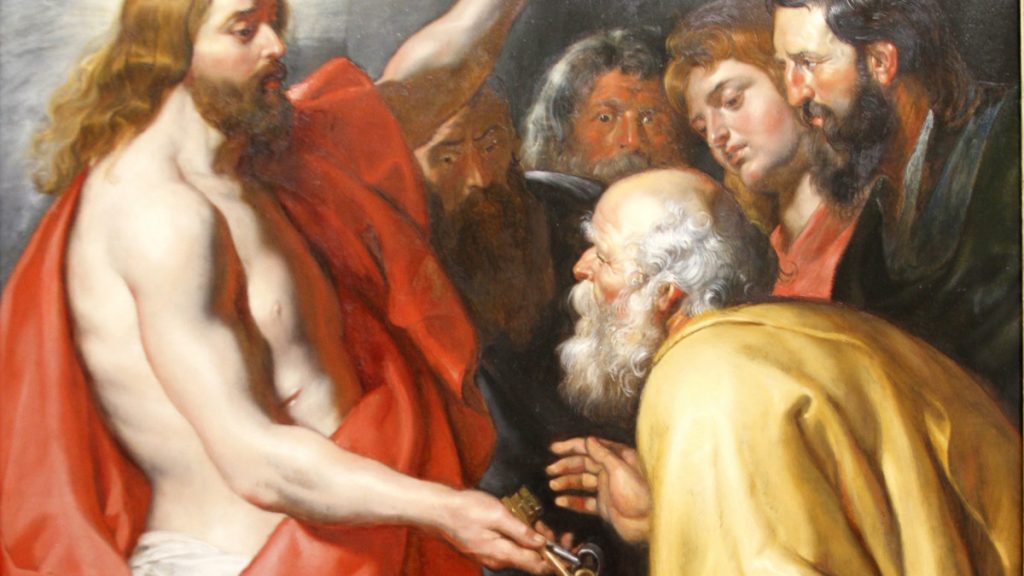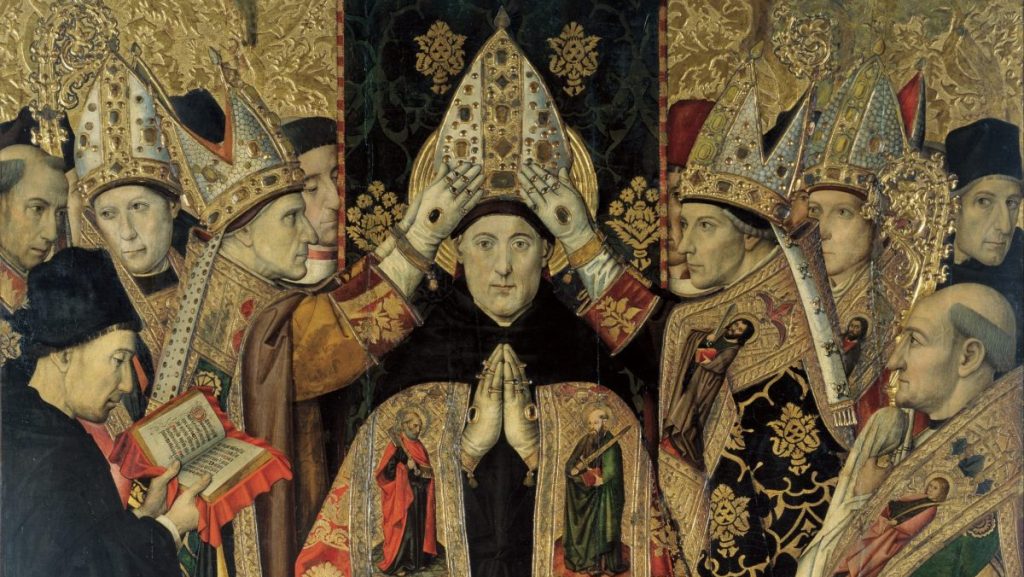(Updated July 14, 2025)
This Author Quote Archive collects pertinent quotes from the Church Father, St. Dionysius of Corinth.
Next to each quote are the Topic Quote Archives in which they are included.
This Quote Archive is being continuously updated as research continues. Quotes marked with “***” have not yet been organized into their respective Topic Quote Archives.
Letters
St. Dionysius of Corinth, Letter to St. Pope Soter, quoted in Eusebius, Church History (c. 170)
And that they [Peter and Paul] both suffered martyrdom at the same time is stated by Dionysius, bishop of Corinth, in his epistle to the Romans, in the following words: “You have thus by such an admonition bound together the planting of Peter and of Paul at Rome and Corinth. For both of them planted and likewise taught us in our Corinth. And they taught together in like manner in Italy, and suffered martyrdom at the same time.” I have quoted these things in order that the truth of the history might be still more confirmed.
(§9) There is extant also another epistle written by Dionysius to the Romans, and addressed to [St. Pope] Soter, who was bishop at that time. We cannot do better than to subjoin some passages from this epistle, in which he commends the practice of the Romans which has been retained down to the persecution in our own days. His words are as follows:
(§10) “For from the beginning it has been your practice to do good to all the brethren in various ways, and to send contributions to many churches in every city. Thus relieving the want of the needy, and making provision for the brethren in the mines by the gifts which you have sent from the beginning, you Romans keep up the hereditary customs of the Romans, which your blessed bishop Soter has not only maintained, but also added to, furnishing an abundance of supplies to the saints, and encouraging the brethren from abroad with blessed words, as a loving father his children.”
(§11) In this same epistle he makes mention also of [St. Pope] Clement’s epistle to the Corinthians, showing that it had been the custom from the beginning to read it in the church. His words are as follows: “To-day we have passed the Lord’s holy day, in which we have read your epistle. From it, whenever we read it, we shall always be able to draw advice, as also from the former epistle, which was written to us through Clement.”
